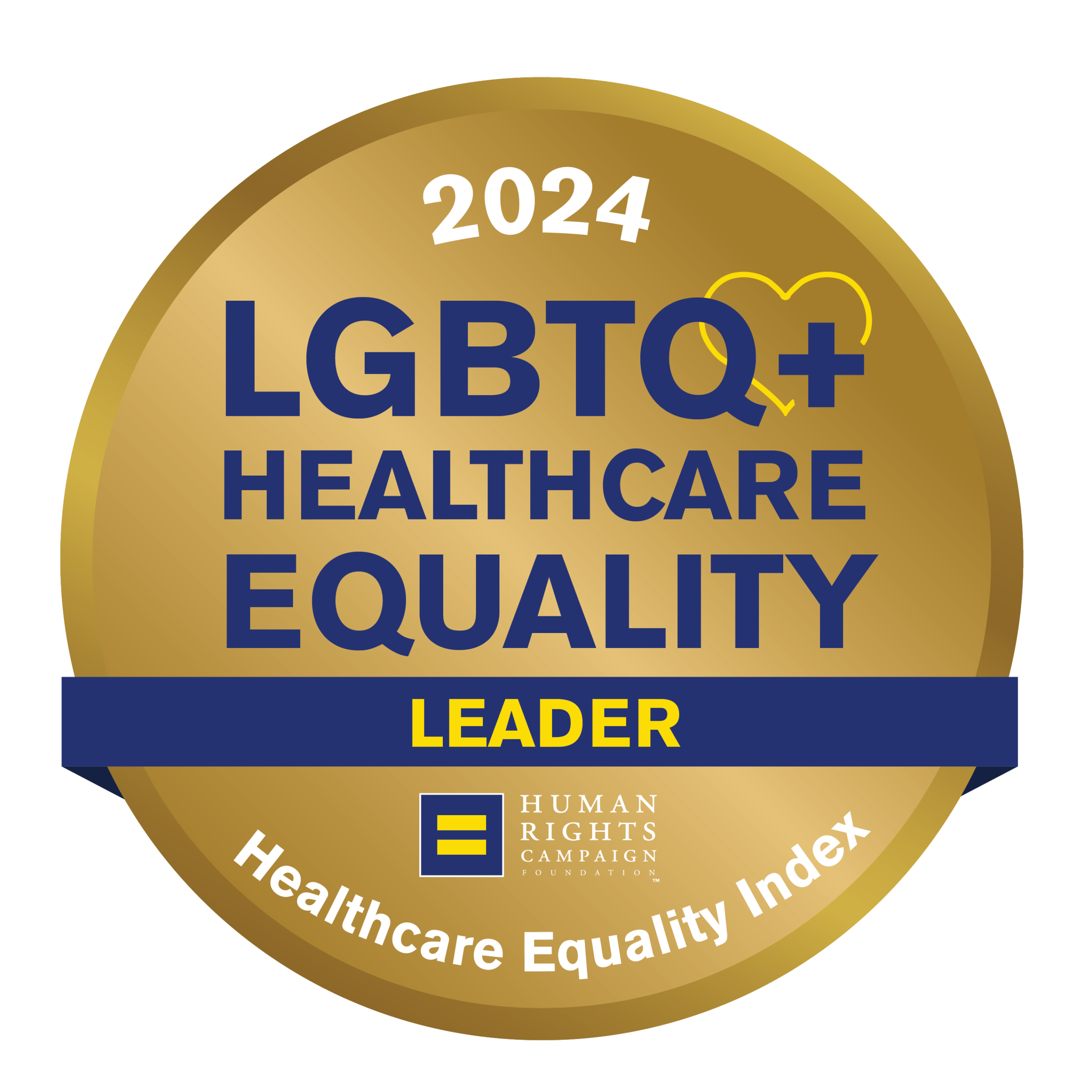Pascack Valley Medical Center announced their “LGBTQ+ Healthcare Equality Leader” designation from the Human Rights Campaign Foundation (HRC). The designation was awarded in the 16th iteration of HRC’s Healthcare Equality Index (HEI), released today. A record 1,065 healthcare facilities actively participated in the HEI 2024 survey and scoring process. Of those participants, 384 received the top score of 100, earning the “LGBTQ+ Healthcare Equality Leader” designation.
We are honored to be recognized by the Human Rights Campaign Foundation, underscoring our steadfast commitment to delivering compassionate and inclusive care to everyone, irrespective of sexual orientation or gender identity,” said Michael Bell, CEO of Pascack Valley Medical Center. “At Pascack Valley, we believe in embracing diversity and ensuring that everyone feels valued, supported, and understood.”
“As anti-LGBTQ+ extremists look to strip away healthcare access at every turn, LGBTQ+ people and their loved ones are looking for healthcare providers to offer and champion fully inclusive services, The Healthcare Equality Index is helping people find facilities where welcoming policies and practices are the standard,” said Kelley Robinson, President of the Human Rights Campaign. “We know that LGBTQ+ people – especially our trans family – continue to face discrimination in the doctor’s office. No one should have to put their health on the back burner for fear of mistreatment in a healthcare facility or by their doctor.”
Key highlights from the report include:
● 36% of 1,065 total participants earned the designation “2024 LGBTQ+ Healthcare Equality Leader.”
● Targeted Health Disparities Reduction Plans: Encouragingly, 71% have an official plan for reducing health disparities that specifically includes LGBTQ+ patients in addition to race, ethnicity, and linguistic concerns.
● Work to Be Done: Only 27% have an externally promoted specific program to provide patient navigation or advocacy services to transgender patients.
● Bias Elimination and Welcoming Interactions: Just over half (53%) have a policy or policies that specifically outline procedures and practices aimed at eliminating bias and insensitivity, and ensuring appropriate, welcoming interactions with transgender patients.
● EHR SOGI Data: Major increases are seen in the number of healthcare facilities collecting sexual orientation and gender identity-related data in their Electronic Health Records systems. Seven of the eight relevant data points had double-digit increases.
● Pronouns in Electronic Health Records: The ability to collect and display a patient’s pronouns rose from 44% to 74%. This is an important tool to help prevent misgendering a patient.
● FMLA-Equivalent Benefits: 38% offer FMLA-equivalent benefits that allow employees to take family and medical leave to care for same-sex partners as well as the children of a same-sex partner, regardless of biological or adoptive status – this is up from 34% in 2022.
● Comprehensive Benefits for Domestic Partners: 41% provide medical and comprehensive health benefits to domestic partners of benefits-eligible employees up from 34% in 2022. This is the first increase in this measure since the 2015 Obergefell decision on same-sex marriage.
● Employee Resource Groups: 72% have an officially recognized LGBTQ+ employee resource group.
● Community Engagement and Support: 92% took part in or supported one or more LGBTQ+ related events or initiatives in their service area.
This year’s HEI comes as LGBTQ+ adults are twice as likely as non-LGBTQ+ adults to be “treated unfairly or with disrespect by a doctor or healthcare provider” in the last three years, according to the Kaiser Family Foundation. The impact of anti-LGBTQ+ legislation combined with a history of discrimination in healthcare settings has the potential to cause even more LGBTQ+ people to delay or avoid seeking healthcare, which makes the HEI even more salient for those looking to find LGBTQ+-inclusive care.

